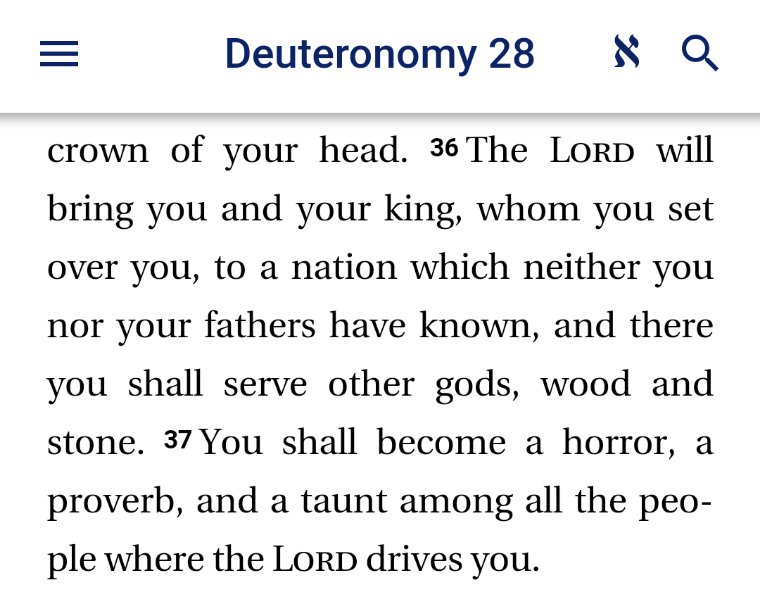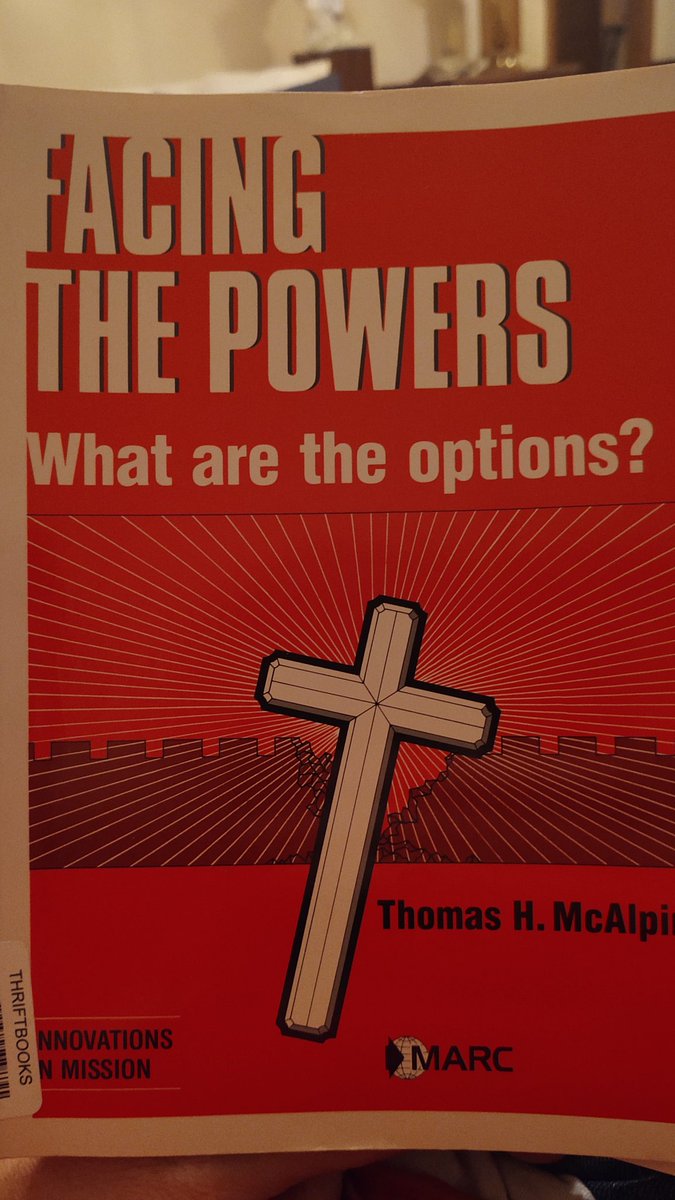
The book of Job teaches that not all those who suffer are either punished or abandoned by God. Jesus taught on this subject (John 9:2; Luke 13:1-6) in his lead up to the cross. In Luke 13, when commenting upon Pilate’s evil, he warns about what could happen to the entire nation.
In Jesus’ prophetic work, he called Israel to abandon its ethnocentric violence. He saw Israel’s revolutionary approach towards Rome leading to destruction. In one way, his crucifixion was an enacted parable, representing Rome’s eventual destruction of ancient Israel.
Jesus says as much in Luke 23:28-31, quoting the Hosea 10:8 prediction of the Israel’s destruction by Assyria (v. 30; see also Rev 6:16) and basically saying, “If they do this to one who is innocent (Luke 23:4, 14, 22, 47), what will they do to the truly guilty?” (v. 31).
Jesus was punished for being a false messiah/king (Luke 22:67, 70f; 23:2). That was the charge leveled at him. That was the sign above the cross & the reason for the mocking. At his trial Jesus affirms the reason for the charge, citing Dan 7:13 & Ps 110:1 (see Luke 20:42; 21:27).
Jesus’ death on the cross is deemed evidence that he is not the Messiah/king (Matt 27:40, 42f; Mark 15:32; Luke 23:35, 37, 39). Because he does die on the cross, people then believed he was not the Messiah, therefore the punishment was just. That’s the logic of the thinking.
In Mark 15:34, Jesus cries out in Aramaic “Eloi, Eloi, Lama Sabachthani?” Mark then translates this into Greek (ho theos mou). Why give the Aramaic at all? Because in v. 35, people who originally heard Jesus speak think he’s calling out for Eli-jah to save him. Eloi-Eli.
The recording of the Eloi-Eli mishearing points to the fact that everyone misunderstood what was occurring. The people there at the crucifixion misinterpreted the event. “Eloi, Eloi” is a quote from Psalm 22:1.
Read Ps 22. In vv 1-23, b/c of his affliction it appears as if the psalmist has been abandoned by God. But then comes v. 24: “For he has not despised nor abhorred the affliction of the afflicted; nor has he hidden his face from him; but when he cried to him for help, he heard.”
Indeed, the psalmist’s affliction becomes a poetic representation of all the poor and afflicted (vv. 24, 26). God hears the poor and afflicted, they will receive help, and God deserves praise because of it (v. 25).
Then comes the startling predictions of vv. 27-31. The gentiles will turn towards God in worship (v. 27). The Kingdom is God’s; he rules over the nations (v. 28). Even those who died will worship God (v. 29). God’s covenant-faithfulness will be proclaimed (v. 31).
What Jesus meant by referencing Psalm 22 is now clear: “If you think God has abandoned me because of my affliction, you are wrong. He hasn’t abandoned me. This is how the Kingdom comes, the gentiles turn to God, the resurrection comes, and God is true to the covenant.”
That interpretation of the crucifixion shouldn’t surprise us. That meaning is found in Daniel 7 (which Jesus references). And the concept of the crucifixion leading to exhalation is found in 1 Pet 2-3; Phil 2; Eph 1:19-23; Col 2:15; 1 Cor 15; Rom 8; Mark 10:35-45; Matt 20:20-28.
In many of these same places, the suffering/submission/selflessness that leads to exhalation is deemed a model the disciples of Jesus are to follow. Jesus himself made it a requirement (Matt 10:38; 16:24; Mark 8:34; Luke 9:23; 14:27).
In Mark 10:35-40 and Matt 20:21ff, Jesus predicted the cross is where he’d be enthroned in his kingdom. The description of the crucifixion is that of a macabre coronation (Matt 27:27-31; cf. Mark 15:16-20; John 19:1-5).
This method of “suffering leading to exhalation” is one that Peter initially rejected (Matt 16:21-28; Mark 8:31-38), but later accepted (1 Pet 2-3). But again, at Christ’s crucifixion, everyone misunderstood. Like Job’s three friends, they saw the suffering as just punishment.
When God resurrected Jesus from the dead, he was reversing the charge. God was the higher court reversing the verdict of the lower court. He was saying that Jesus was innocent of the charge. The punishment had been unjust. It was vindication, just as in Dan 7.
Again, Jesus was punished to death for claiming to be the Messiah, the king, the “son of God” (Mark 14:61; Matt 26:63; Luke 22:70; John 19:7). The resurrection proved Jesus was who he claimed to be (Rom 1:4; 1 Tim 3:16; 1 Cor 15:3-4). His suffering and punishment were unjust.
The problems with penal substitutionary atonement (PSA) are legion (so to speak). To limit the mentions to the current discussion, we note that the suffering of the cross is programmatic for disciples as a method for victory over the powers of evil.
Also, per the Book of Job, Psalm 22, and the teachings of Jesus, the existence of suffering is not necessarily evidence of divine punishment. Furthermore, the meaning of Psalm 22 argues that (in my nod to Twain) appearances of divine abandonment are greatly exaggerated.
Most importantly, if you say that God punished Jesus, then, from a historic point of view, you are unintentionally implying that God agreed with the charge that Jesus was a false Messiah. Indeed, you are making the same mistake as those who mistook Eloi for Eli.
Please. Let us abandon PSA. Our God and Christ has given us a method of ending evil. Let the bravest believers adopt it for victory (Ps 110; Dan 7; Rom 8; 1 Cor 10; 1 Pet 3; Rev 21-22).
Addition: That the earliest disciples adopted the "cross" as a method of discipleship & victory indicates they were certain of its effectiveness. It seems highly likely that this was principally due to their certainty in Christ's resurrection.
In all these non-synoptic references, the resurrection of Jesus is explicitly noted, apart for Philippians 2 which is implied by Paul's use of "exalted". (See 3:21) 

Furthermore, given that this method is supported by many different writers, and that these early disciples knew the pre-crucified Jesus, it seems likely that they had first-hand eyewitnesses to the risen Jesus, which is what Paul says in 1 Cor 15:5.
• • •
Missing some Tweet in this thread? You can try to
force a refresh













